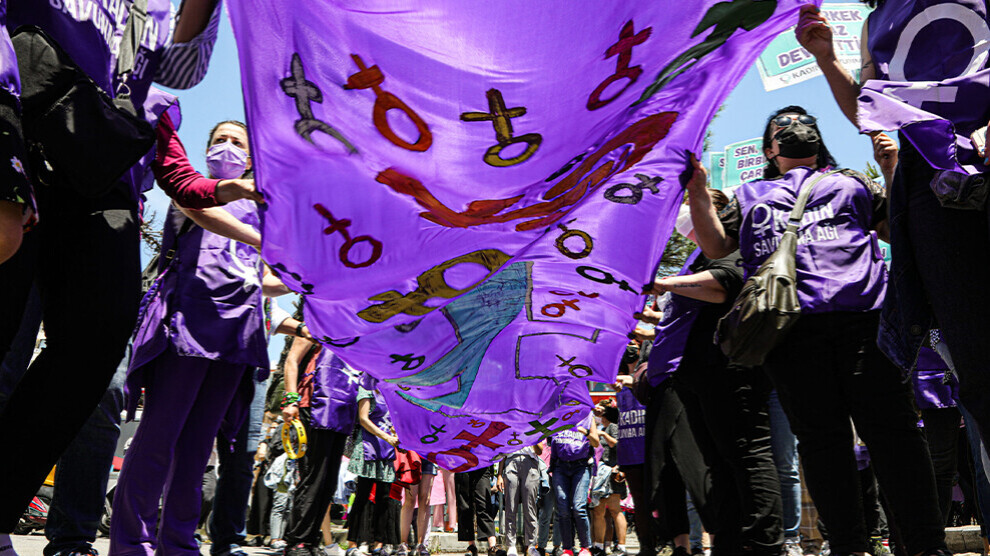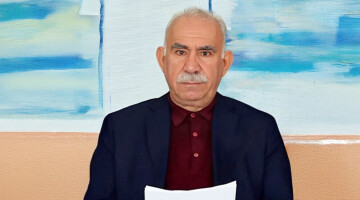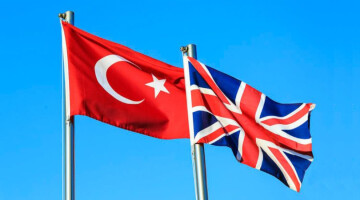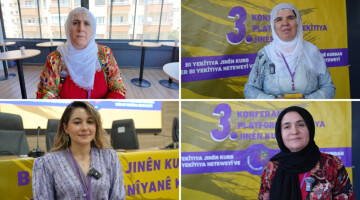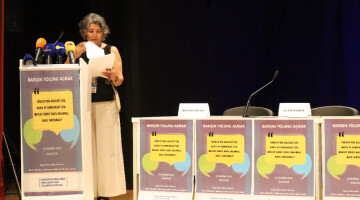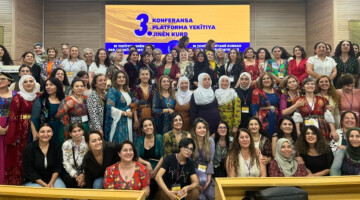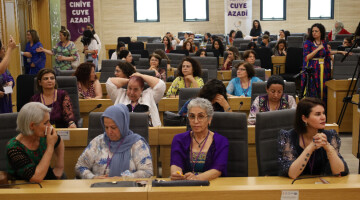The Council of State believes the country's withdrawal from the Istanbul Convention is valid. A panel of judges unanimously dismissed legal actions brought by numerous associations and civil society organizations in September as unfounded. The plaintiffs had challenged a presidential decree on which the withdrawal from the international women's protection agreement is based. The Presidency of the Chambers for Administrative Matters, which acts as an appeals body at the Higher Administrative Court (State Council) in Ankara, confirmed the withdrawal of the convention.
The Istanbul Convention is a treaty signed by the Council of Europe in 2011, which came into force in 2014 and is the first legally binding tool at European level to protect women, girls and LGBTI+ against any form of violence. The agreement enshrines the human right to a life free from violence, defines equality measures and calls for financial resources for protection and prevention of violence.
Women's rights organizations in Turkey are up in arms against the State Council's decision and have announced protests. The HDP Women's Council declared: “The Istanbul Convention was won by women and belongs to us. We will bring it back fighting!”
In a cloak-and-dagger operation, Recep Tayyip Erdoğan announced the withdrawal from the convention in March 2021 without involving the Turkish parliament. In doing so, he accommodated conservative and Islamist circles, according to which the agreement would destroy traditional family structures and normalize homosexuality.
Erdoğan based the withdrawal on a decree authorizing the president to annul international treaties bypassing parliament. After his re-election in 2018, the AKP leader issued a whole series of decrees that gave the president extensive powers at the expense of the parliamentary system. The withdrawal from the Istanbul Convention came into effect on 1 July 2021, despite numerous protests.
Experts consider this approach to be unconstitutional as it would violate the principle of the separation of powers. The President does not have the authority to simply revoke the validity of a treaty ratified by Parliament, since international agreements have constitutional status in Turkey.
NGOs, political parties, associations and individuals challenged Erdoğan's presidential decree and the withdrawal from the Istanbul Convention before the Council of State. Among the complainants were HDP Chair Pervin Buldan, the Union of Turkish Doctors (TTB), the Women's Platform for Equal Rights (EŞİK) and the Bar Association of Diyarbakır (ku. Amed). With the dismissal of the challenges, the termination of the agreement is final. Only if the Council of State considers the decree to be unconstitutional could the decision be questioned. For that, however, it would have to be independent of Erdoğan. Civil society organizations still want to file constitutional complaints. If the Turkish judicial system is exhausted, complaints can also be brought before the European Court of Human Rights (ECtHR).

